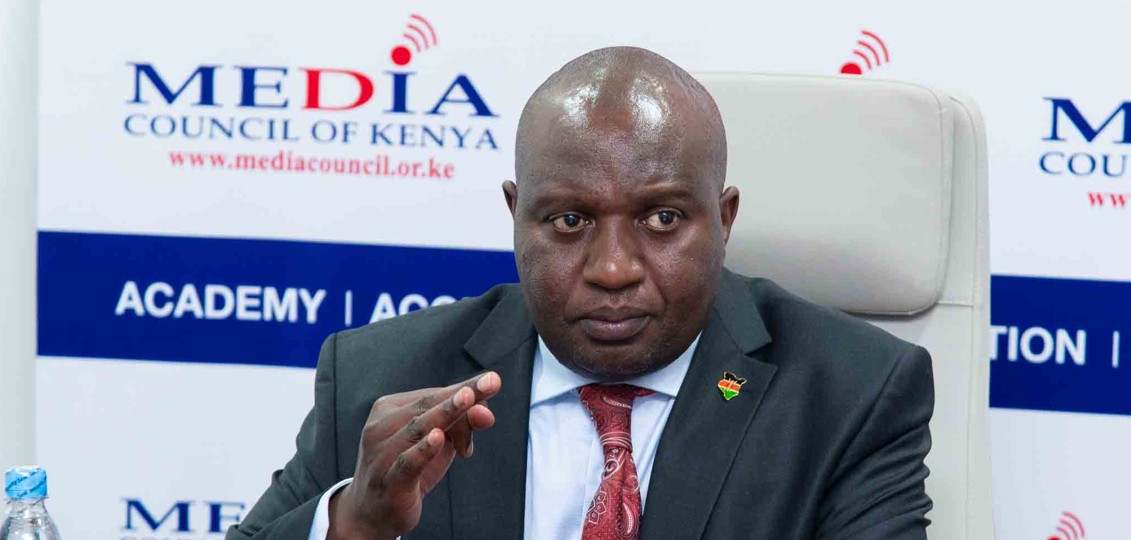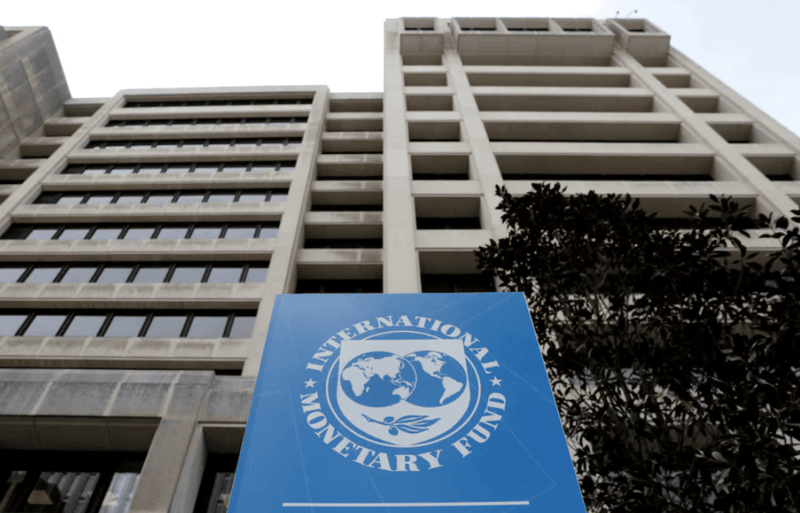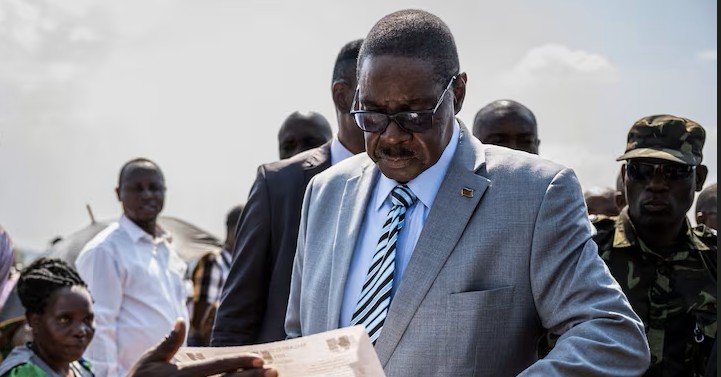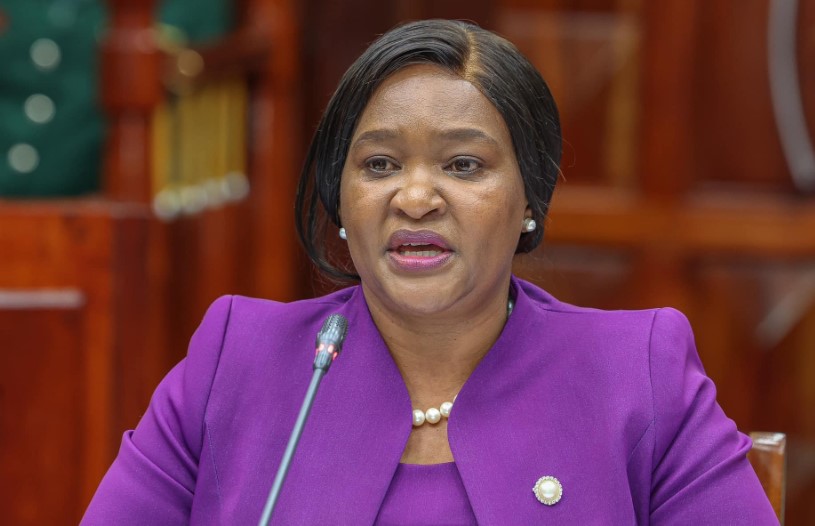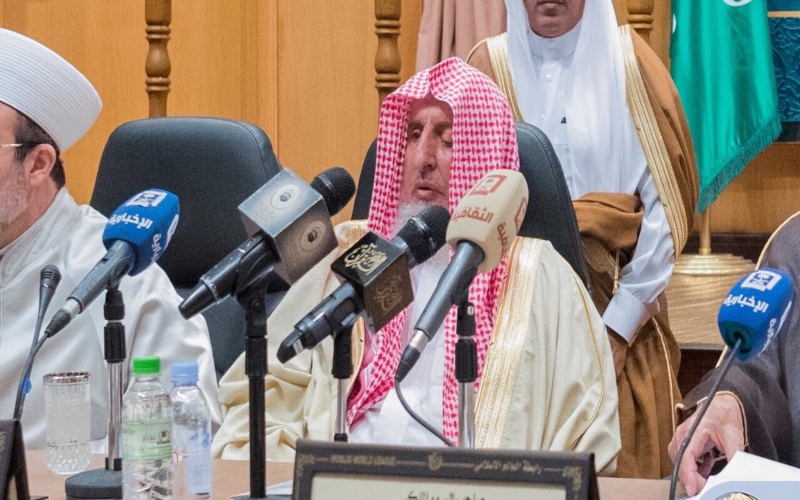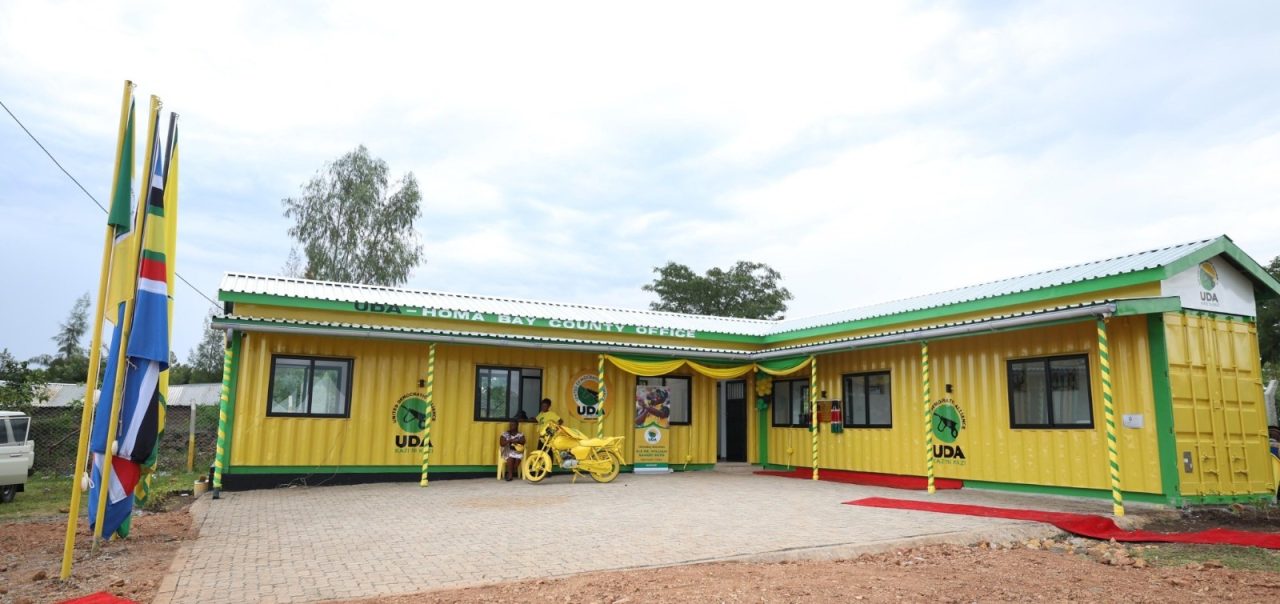1,420 public agencies now on government’s e-procurement platform
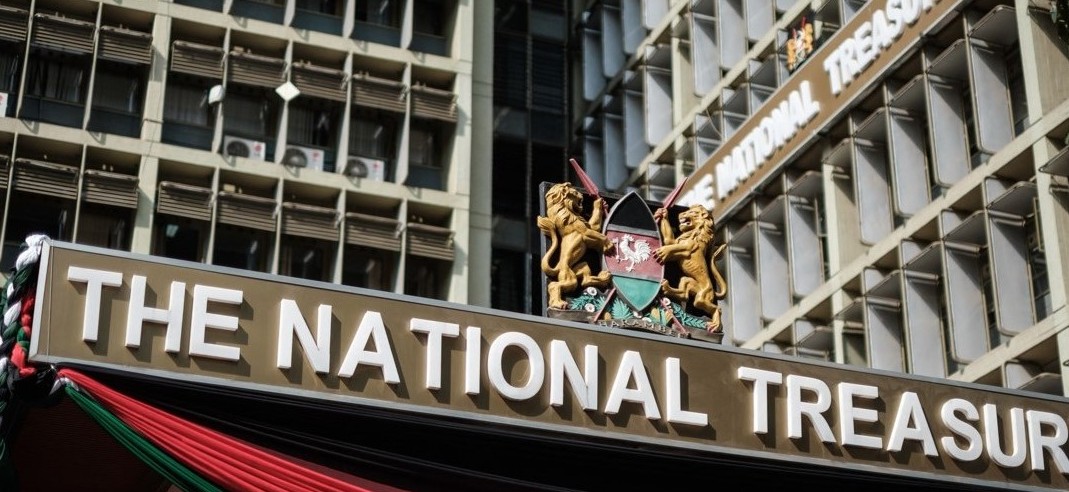
Treasury Cabinet Secretary John Mbadi emphasised that no public office will be allowed to buy goods or services outside the e-GP system, which he says is designed to improve transparency in government spending.
The government’s e-procurement system has now registered over 1,400 public agencies, as the Treasury strengthens its push for mandatory digital procurement.
In a circular dated September 1, 2025, Public Investments and Assets Management Principal Secretary Cyrell Odede confirmed that all ministries, state departments, and independent commissions are on the platform and have uploaded their budgets.
More To Read
- Treasury announces Sh21.1 billion cut to 2025-26 budget amid revenue shortfalls
- Counties accuse Treasury of over-control, blame e-procurement for slow services
- Man’s death in Mombasa police cell prompts IPOA probe as LSK joins push for justice
- Activists demand IPOA probe into mysterious death at Mombasa police station
- Questions abound after missing Nairobi man is found dead in Mombasa police cell
- Murkomen hails recruitment of 10,000 police constables to boost national security
He instructed accounting officers to check the uploaded data to ensure it matches the approved budgets.
“The National Treasury hereby confirms that all ministries, state departments and independent commissions and offices have been registered in the e-GP system in readiness for end-to-end electronic processing of procurement of goods, works and services,” Odede said.
He added that budget verification is required for each line item before procurement planning begins.
“The purpose of the circular, therefore, is to request all accounting officers to undertake validation of budgets uploaded in the e-GP platform to ensure that there are no discrepancies between the approved budget and the uploaded budget,” he explained.
Treasury Cabinet Secretary John Mbadi emphasised that no public office will be allowed to buy goods or services outside the e-GP system, which he says is designed to improve transparency in government spending.
The system, launched on July 1, also requires suppliers to register. As of Tuesday evening, 1,420 government entities had joined, alongside 8,225 service providers. Registered entities include county governments, educational institutions, municipalities, water and sewerage companies, and public funds.
Independent bodies such as the Independent Policing Oversight Authority (IPOA), the Independent Electoral and Boundaries Commission (IEBC), the Kenya Institute for Public Policy Research and Analysis, the Kenya Institute of Mass Communication, the Competition Authority of Kenya, the Development Bank of Kenya, and Kenya Pipeline Company have also complied.
Odede said adopting the e-GP system will lower the cost of goods, works, and services while improving accountability and openness in procurement.
However, county governments continue to resist the system. Through the Council of Governors, they rejected the Treasury’s directive, claiming the system is not reliable and warning against threats of withheld funds.
“Article 62 of our Constitution is not inferior to circulars issued by the National Treasury Cabinet Secretary. He cannot threaten us,” said Council of Governors Chairman and Wajir Governor Ahmed Abdullahi.
“The system is not working. No one can shove it down our throats,” he added.
Top Stories Today
